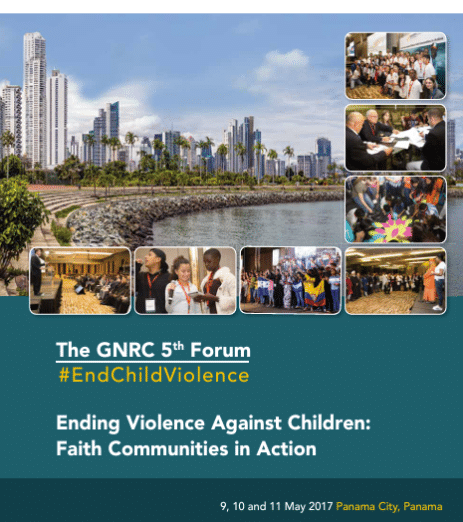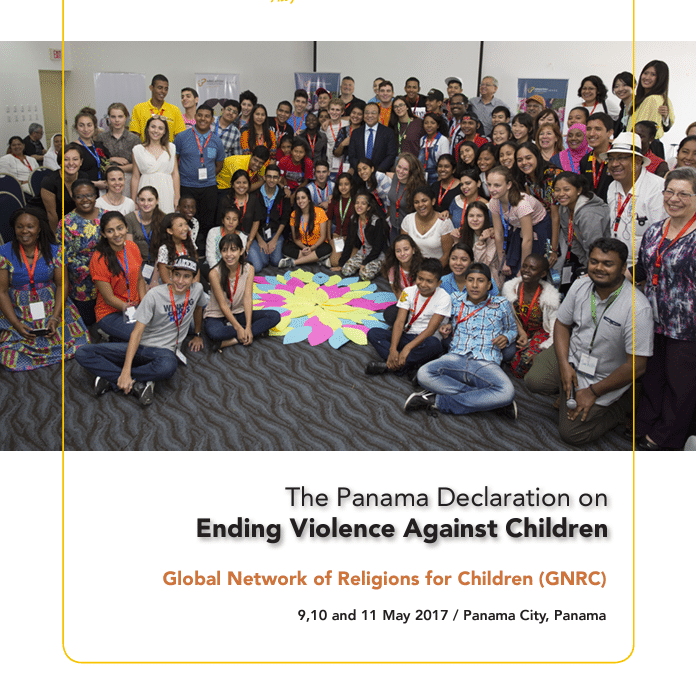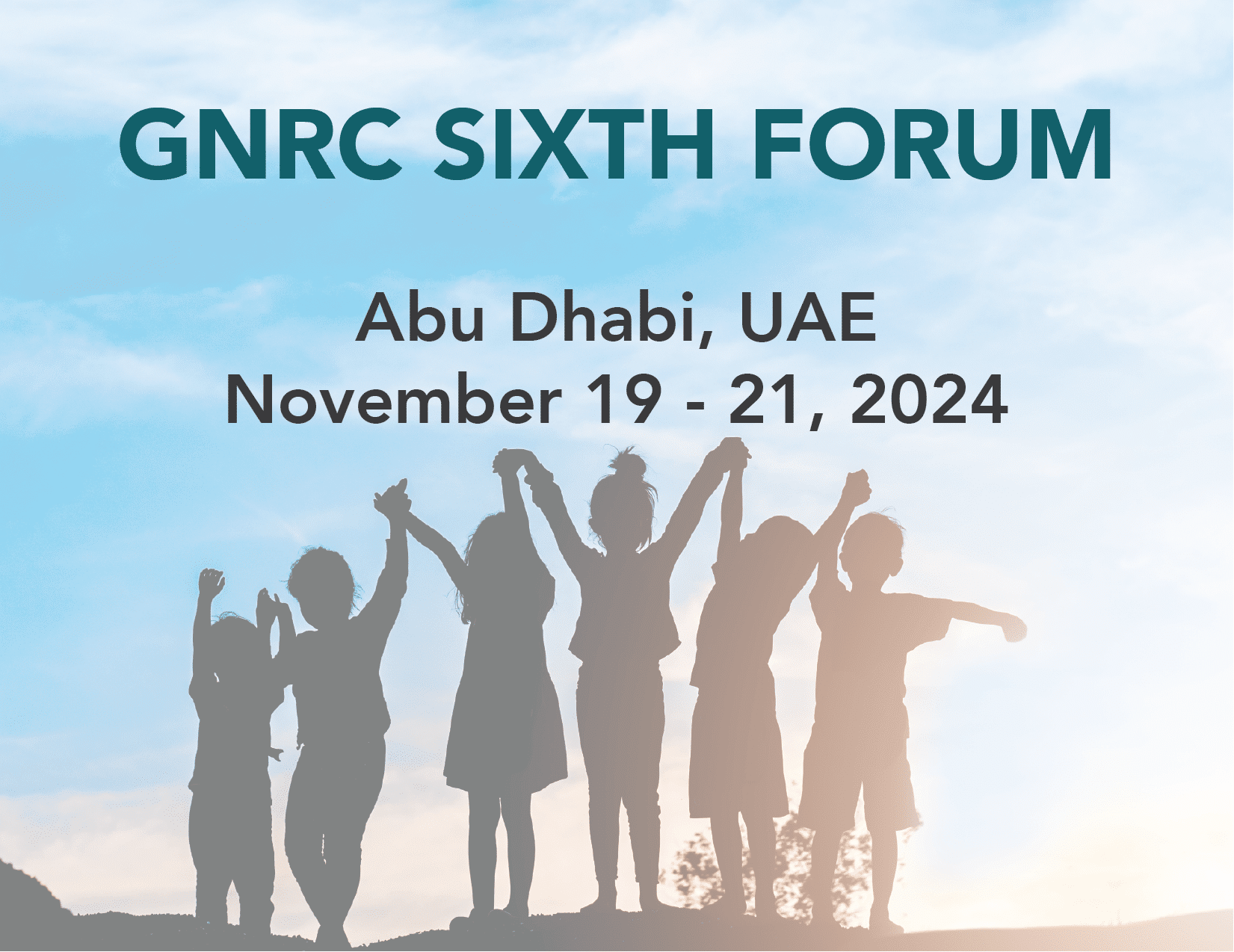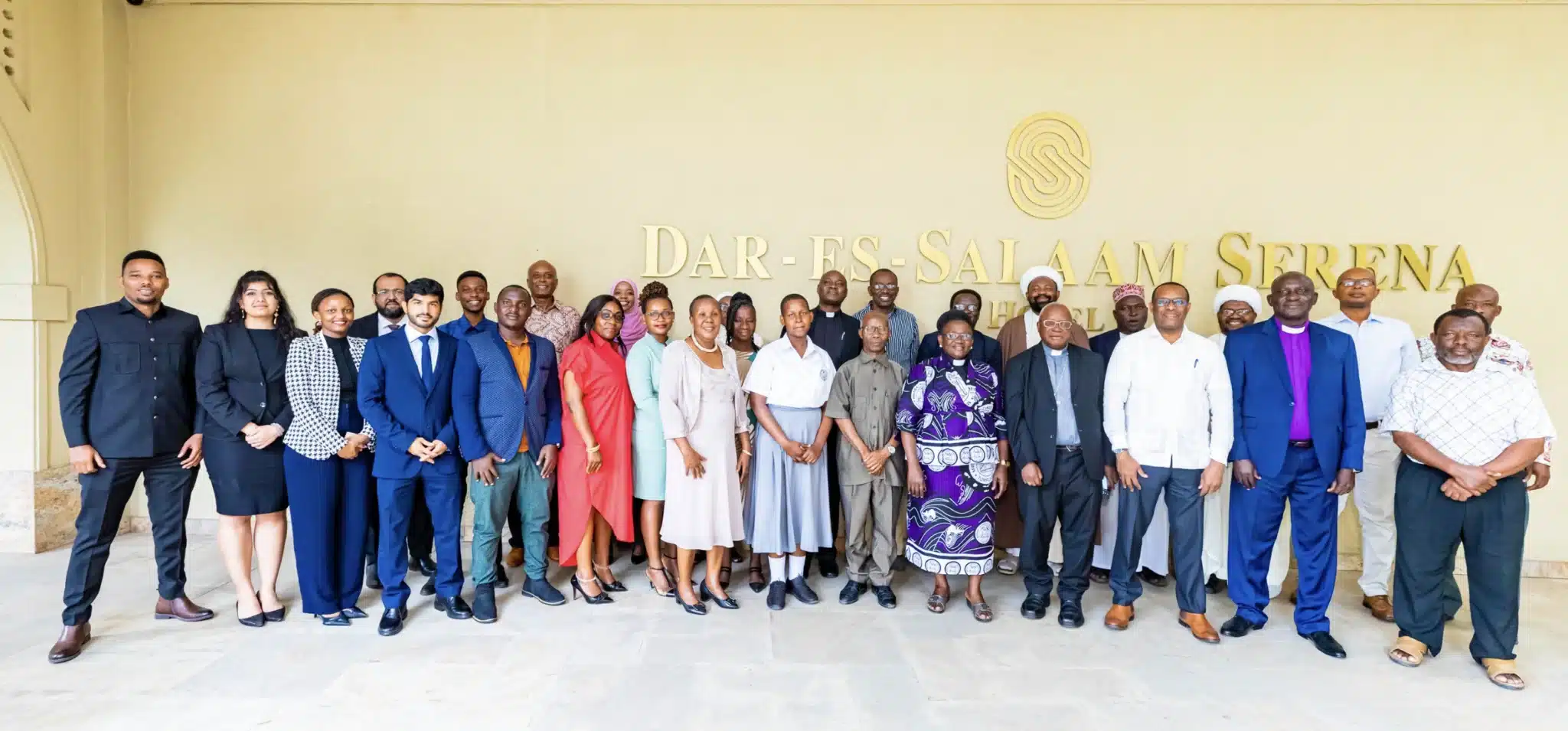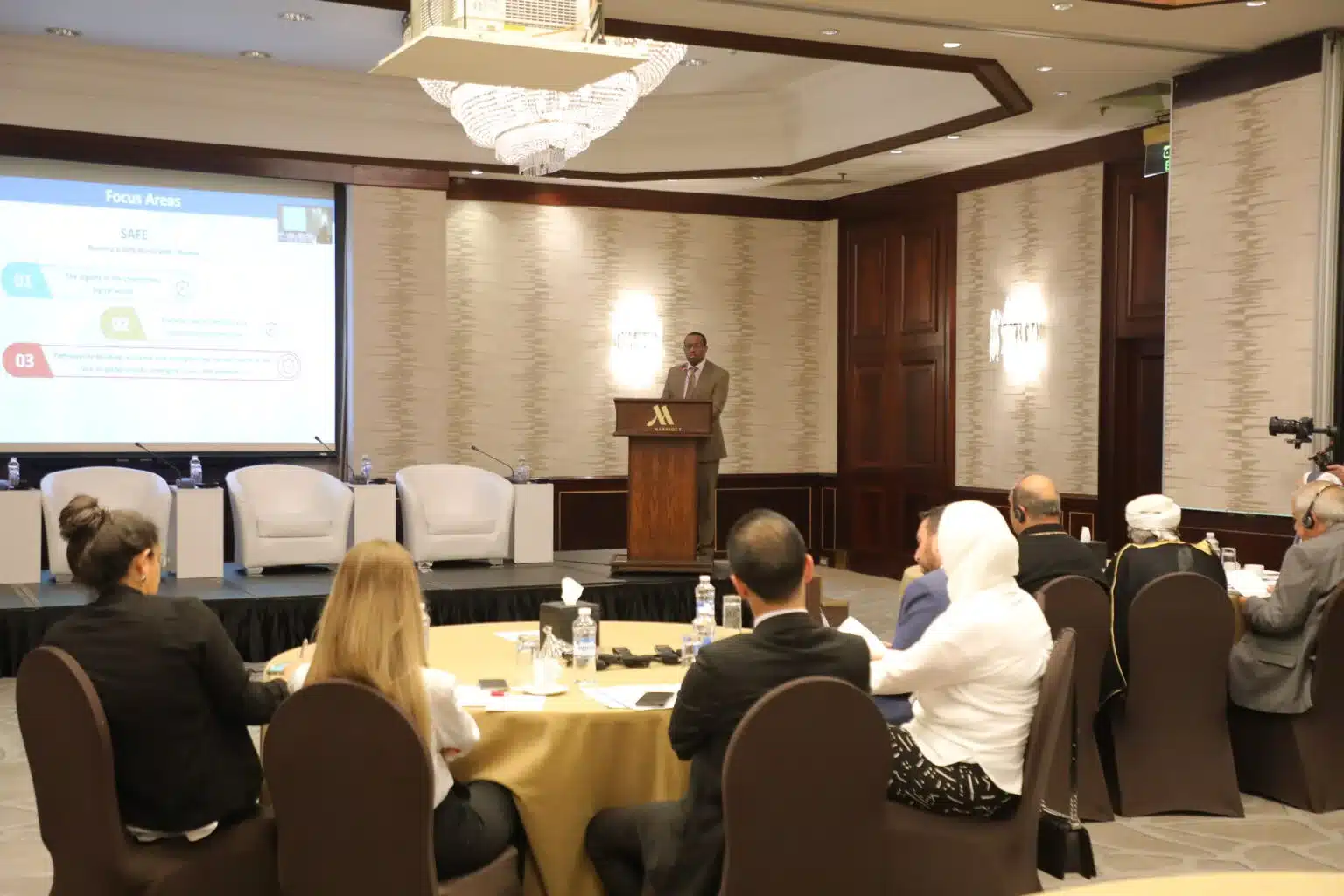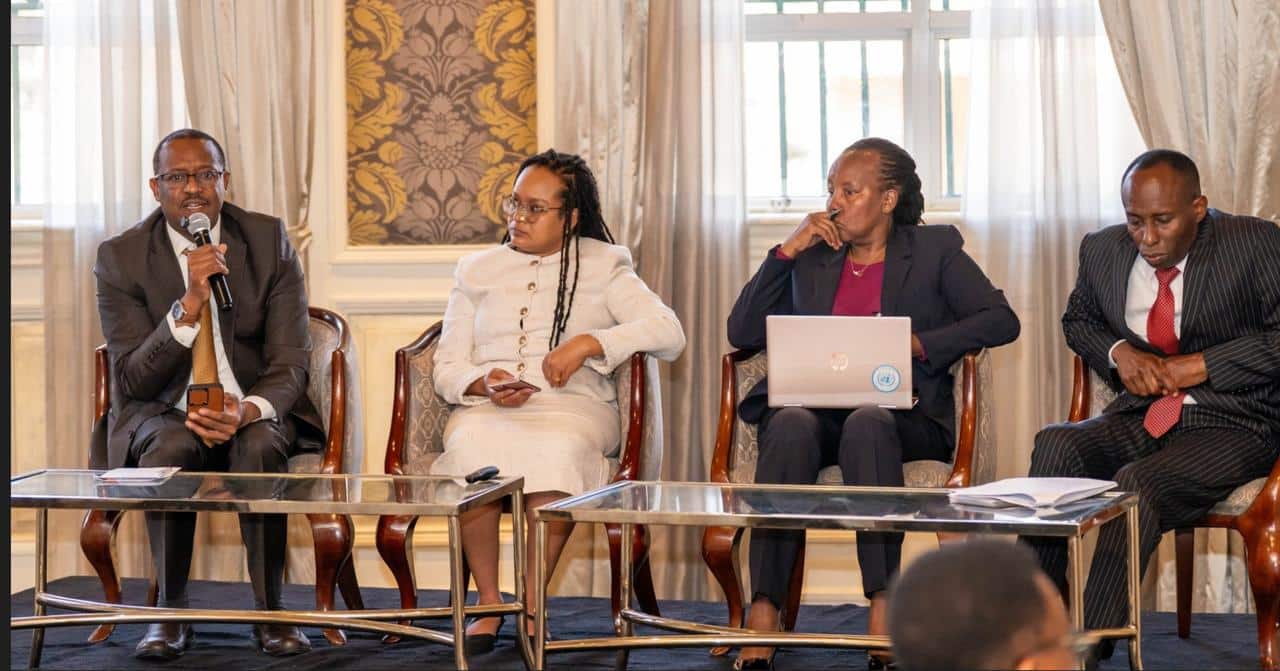
Children in conflict zones across the Horn of Africa are facing one of the gravest humanitarian crises in decades, a deepening polycrisis marked by war, displacement, climate shocks, and governance failures. At a high-level breakfast meeting in Nairobi last week, the plight of children, women, and other vulnerable groups took center stage as policymakers, faith leaders, academics, and humanitarian actors examined humanitarian and policy gaps in the Horn of Africa.
Dr. Mustafa Y. Ali, Secretary-General of the Global Network of Religions for Children (GNRC), delivered a paper titled Humanitarian and Policy Gaps: Towards Formulation of Strategic and Coordinated Response in the Horn of Africa. He underscored the urgency of rethinking current approaches to conflict and displacement, advising that without coordinated, inclusive responses, the region’s polycrisis will continue to rob millions of children of their futures.
In his remarks, Dr. Mustafa emphasized that children must be placed at the very heart of peacebuilding and humanitarian responses. He highlighted GNRC’s faith-sensitive, locally led interventions across the region, such as empowering families in Kenya to resist violence and radicalization, strengthening community child protection systems in South Sudan to prevent child recruitment, and supporting youth-led platforms in Somalia that amplify young voices against violent extremism. These efforts, he said, reflect GNRC’s core mission (2024 – 2030) of Answering the Call of the Child through practical, community-driven solutions.
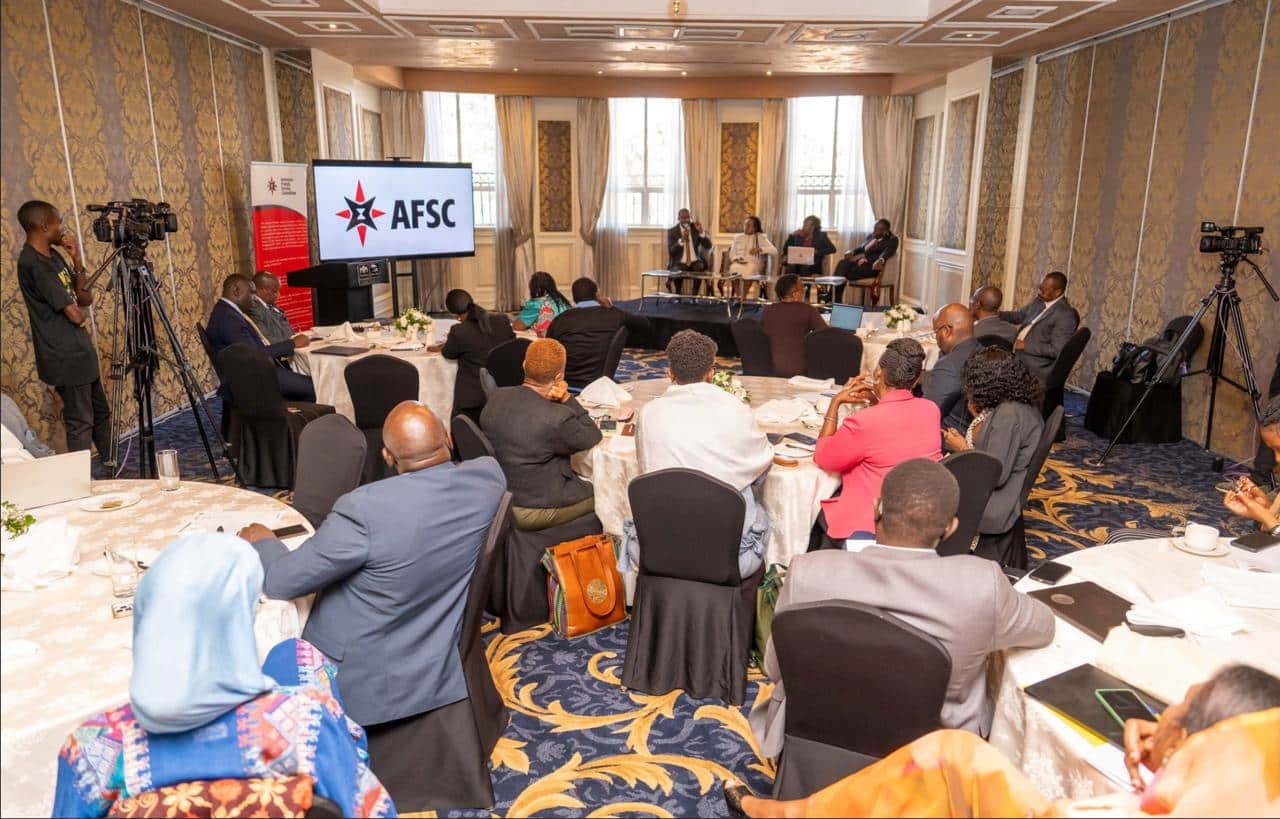
“As we implement the Abu Dhabi Plan of Action and advance the GNRC Strategy 2030, Answering the Call of the Child remains our guide,” Dr. Mustafa said. “This means building a hopeful world for children—one that is safe, secure, and sustainable. Protecting children today is the only way to ensure a future free of recurring cycles of violence and exclusion.”
The breakfast meeting, co-convened by the American Friends Service Committee (AFSC) and the National Defence University of Kenya, concluded with a call for governments, faith actors, and civil society to step up collaboration. Participants agreed on the need to design strategic and coordinated responses that not only close policy gaps and strengthen child protection systems but also address the root causes of the region’s polycrisis to build just and lasting peace across the Horn of Africa.


